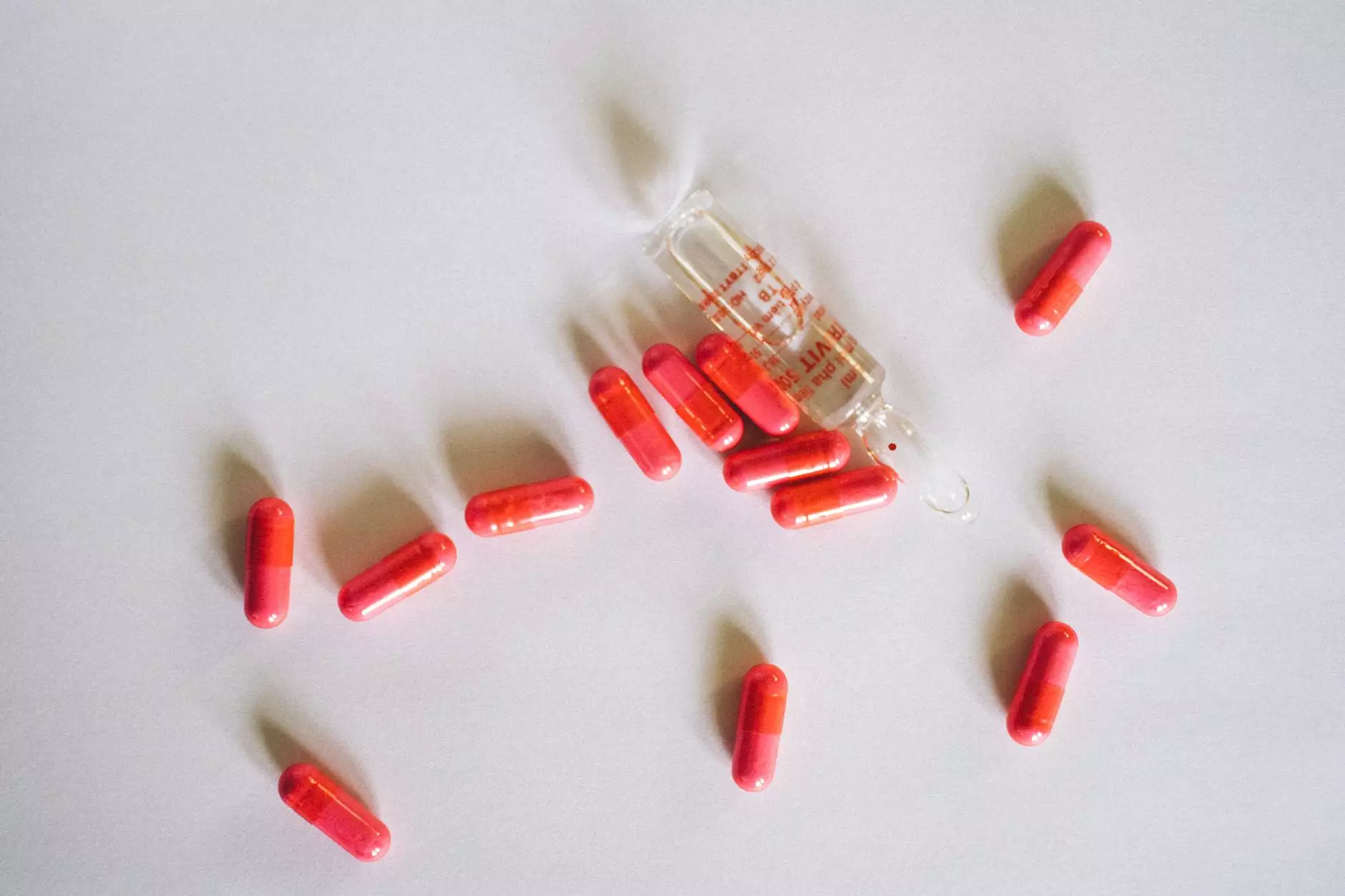Unlocking a Healthier You: The Benefits and Insights of Schlauchmagenoperation

Schlauchmagenoperation, or sleeve gastrectomy, has emerged as one of the most effective surgical solutions for individuals struggling with obesity. This transformative procedure not only aids in significant weight loss but also enhances overall health by mitigating obesity-related conditions. Through this article, we delve deeply into the schlauchmagenoperation, its benefits, procedure, recovery, and long-term outcomes, enabling you to make an informed decision about your health journey.
Understanding Schlauchmagenoperation
The sleeve gastrectomy involves the surgical removal of a large portion of the stomach, leaving behind a 'sleeve' or tube-shaped structure. This procedure has gained popularity due to its straightforward nature and its ability to promote effective weight loss.
Why is Schlauchmagenoperation Necessary?
Obesity is often linked with a myriad of health issues, including type 2 diabetes, hypertension, and heart disease. For many, traditional methods of weight loss such as diet and exercise have yielded limited results. A schlauchmagenoperation often becomes necessary for individuals with a Body Mass Index (BMI) of 30 or more, particularly when obesity-related health impairments threaten their quality of life.
Benefits of Schlauchmagenoperation
Understanding the extensive benefits provided by the schlauchmagenoperation can help potential candidates feel confident in their decision. Below are notable advantages:
- Significant Weight Loss: Most patients experience a drastic reduction in weight, often losing 50-70% of their excess body weight within the first year post-surgery.
- Reduction of Obesity-Related Conditions: Many patients enjoy improved health outcomes, with remission or significant reduction of conditions like diabetes, hypertension, and sleep apnea.
- Improved Quality of Life: Patients often report enhanced mental well-being, increased physical activity, and improved self-esteem as they achieve their weight loss goals.
- Less Invasive Compared to Other Procedures: As a minimally invasive procedure, recovery from a sleeve gastrectomy is generally quicker and involves less pain than more invasive surgeries.
- Reduced Appetite: The procedure alters hormones responsible for hunger and fullness, making it easier for patients to manage their food intake.
The Schlauchmagenoperation Procedure Explained
The process of undergoing a schlauchmagenoperation typically unfolds in several key stages:
1. Initial Consultation
Before any surgical intervention, patients need to meet with a medical professional specialized in bariatric surgery. This consultation will assess overall health, discuss weight loss goals, and consider any underlying medical conditions.
2. Preoperative Assessments
Patients undergo a series of assessments, which may include laboratory tests, imaging studies, and psychological evaluations to ensure they are suitable candidates for surgery.
3. The Surgery
Performed under general anesthesia, the sleeve gastrectomy takes approximately one to two hours. The surgeon creates a sleeve by removing about 80% of the stomach, resulting in a new stomach size akin to a banana. This process involves the following steps:
- Accessing the stomach through small incisions in the abdomen.
- Using laparoscopic tools, the surgeon removes the larger portion of the stomach.
- Stitching the remaining stomach into a sleeve shape, which constricts food intake and alters digestion hormones.
4. Recovery Process
Post-surgery, patients typically spend 1-2 days in the hospital for monitoring. Recovery at home can take a few weeks, during which a liquid diet transitions to solid foods in phases.
Postoperative Care and Lifestyle Changes
To maximize the benefits of the schlauchmagenoperation, adopting a healthier lifestyle is crucial:
1. Adopting a Nutritionally Balanced Diet
Following surgery, patients must adhere to a modified diet plan. For the first few weeks, the diet will primarily consist of liquids, progressing to soft foods and eventually to regular foods. Focus on incorporating:
- Lean proteins (chicken, fish, tofu)
- Low-calorie vegetables (spinach, cucumbers, peppers)
- Healthy fats (avocados, nuts in moderation)
- Low-sugar, high-fiber carbohydrates (quinoa, oats)
2. Regular Exercise
Incorporating regular physical activity into daily routines is vital post-surgery. Aim for a combination of cardio and strength training to foster weight loss and improve overall fitness.
3. Ongoing Medical Support
Regular follow-up appointments with healthcare providers and nutritionists are essential to monitor progress, make dietary adjustments, and ensure a successful transition to a healthier life.
Long-term Success Following Schlauchmagenoperation
Long-term success after a schlauchmagenoperation hinges on commitment and discipline. Studies indicate that around 60% of patients maintain significant weight loss after five years. Key factors contributing to sustained weight loss include:
- Adherence to Dietary Guidelines: Lifelong commitment to balanced eating is critical.
- Consistent Physical Activity: Regular engagement in exercise routines fosters metabolic health.
- Support Systems: Joining support groups or engaging with community resources can provide motivation and encouragement.
Conclusion: The Path to Better Health
Choosing to undergo a schlauchmagenoperation is a significant decision that requires careful consideration and preparation. As this guide outlines, the potential for drastic weight loss and improved health outcomes can transform not only your physical health but your entire quality of life. If you are struggling with obesity and conventional weight loss methods have not been successful, explore the possibility of sleeve gastrectomy as a feasible solution.
For more information, support, or to schedule a consultation regarding the schlauchmagenoperation, visit antalyahealth.com and take the first step towards a healthier future today.









